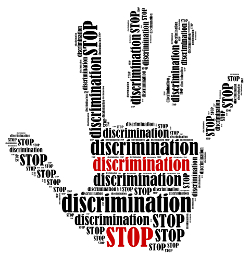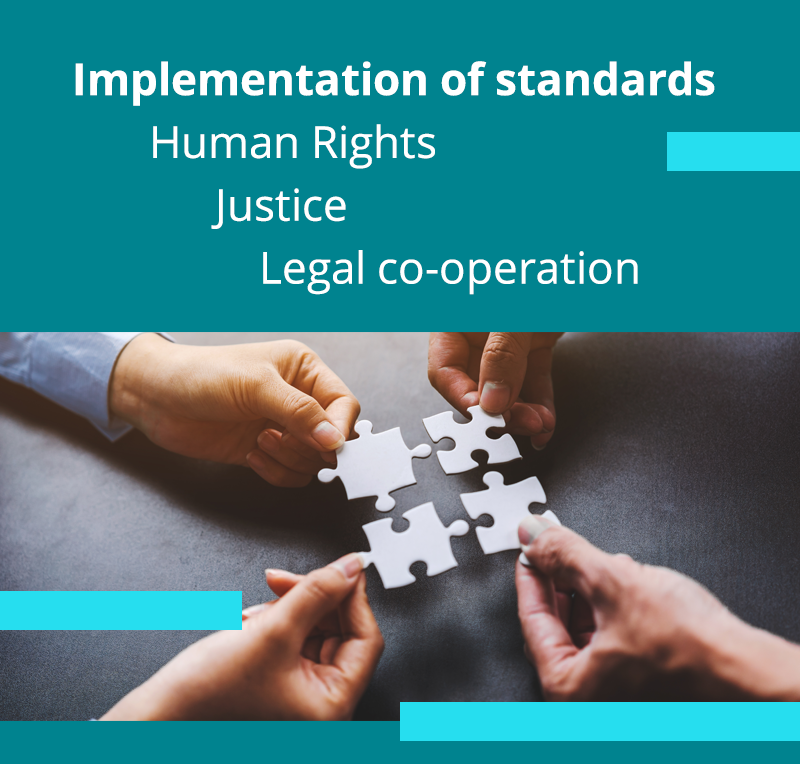Thematic work

Criminal justice reform

Criminal justice is the central element of any national system of human rights protection. Over recent years, many countries had to undertake an in-depth reform to bring their criminal justice system in line with Council of Europe standards. In addition, throughout Europe, criminal justice systems have faced new types of challenges.

Combatting ill-treatment and impunity

Combatting ill-treatment and impunity is a priority area for the Council of Europe. It has developed standards via the European Convention on Human Rights (Article 3), the case law of the European Court of Human Rights and the recommendations of the European Committee for the Prevention of Torture and Inhuman or Degrading Treatment or Punishment (CPT).

Effective domestic judicial remedies

As part of the system of protection of human rights at national level, member states have to ensure that effective domestic remedies are in place to allow everyone whose rights and freedoms as set forth in the European Convention on Human Rights are violated to seek redress before a national authority (Article 13 of the Convention).

Harmonisation of national case law and judicial practice

Harmonisation of national case law is an emerging issue which translates the pressing need to provide effective and qualitative justice in all European states. A coherent judicial action is necessary to ensure an effective application of the Council of Europe legal instruments at the national level.

Support to Ombudspersons and anti-discrimination institutions (National Human Rights Institutions)

The role attributed to the National Human Rights Institutions (NHRIs) is vital to secure human rights protection in the member states. These independent institutions are an important non-judicial remedy to protect human rights in a country. They do so through a wide range of activities, from academic and research activities to handling individual complaints and awareness raising.

Human Rights capacity development for legal professionals, including support to national training institutions

Human rights capacity building for legal professionals (judges, prosecutors and lawyers) is crucial to ensure that those in charge of implementing European human rights standards have the necessary knowledge and skills to do so. Since the European Convention on Human Rights, through its additional Protocols and the evolving case law of the European Court of Human Rights, is a living instrument, it is important to support the member states and more specifically the national training institutions and bar associations in charge of the training of legal professionals.



